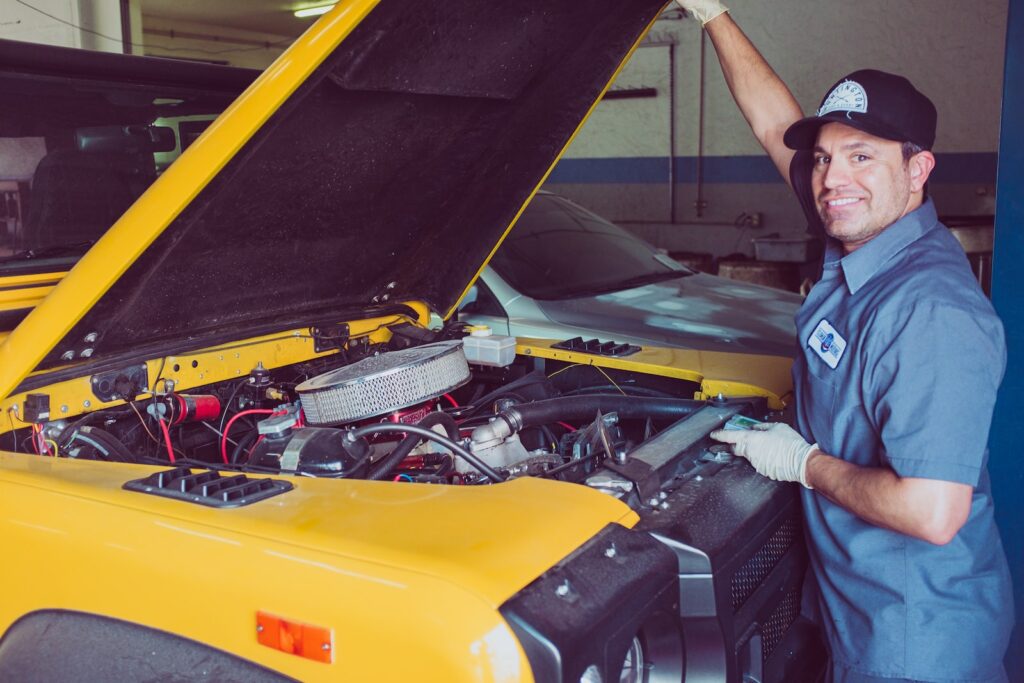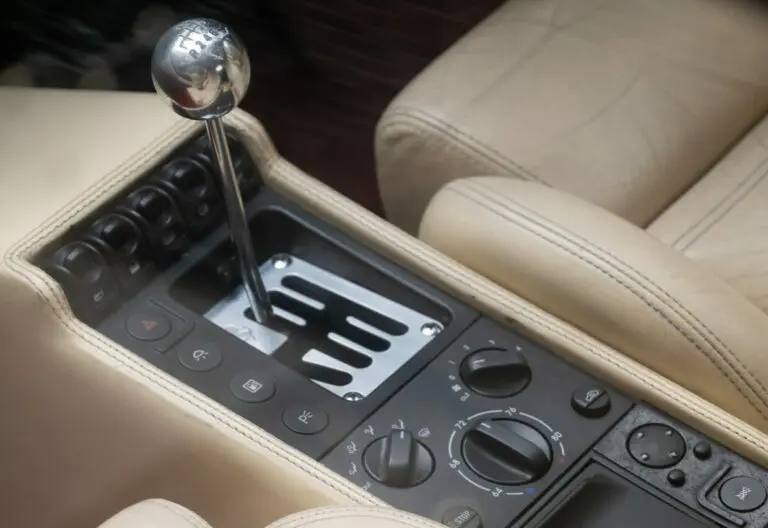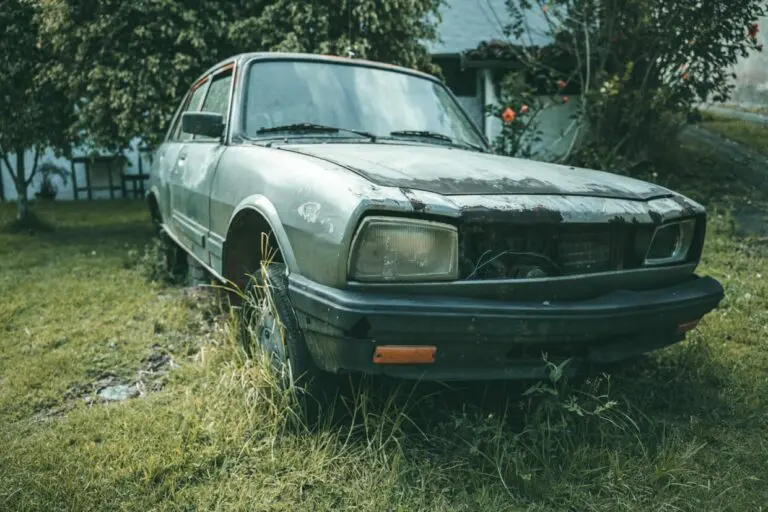As a car owner, you know that regular maintenance is crucial to keeping your vehicle running smoothly and efficiently. Proper maintenance can help to extend the lifespan of your car and save you money on costly repairs down the road. In this article, we’ll explore the importance of car maintenance and offer 10 tips for maintaining your car and keeping it running like new.
Why is Car Maintenance Important?
There are several reasons why car maintenance is important:
- Safety: Properly maintaining your car can help to ensure that it is safe to drive. Regular maintenance can help to identify and fix problems before they become serious, which can help to prevent accidents and keep you and your passengers safe on the road.
- Reliability: Proper maintenance can also help to ensure that your car is reliable and won’t break down unexpectedly. If you rely on your car to get to work or run errands, you want to make sure that it is in good working order.
- Cost Savings: Regular maintenance can also help to save you money in the long run. By catching problems early and fixing them, you can avoid more costly repairs down the road. In addition, properly maintaining your car can help to improve its fuel efficiency, which can save you money on gas.
10 Tips for Maintaining Your Car
- Follow the manufacturer’s recommended maintenance schedule: Every car is different, and the manufacturer knows best when it comes to maintenance. Follow the schedule in your owner’s manual to ensure that you are performing the necessary maintenance at the right intervals.
- Check the oil regularly: Oil is essential for keeping your engine running smoothly, and it should be checked regularly. Follow the manufacturer’s recommendations for oil type and change intervals, and be sure to use the proper grade of oil.
- Change the oil filter: Along with changing the oil, it’s also important to change the oil filter. The oil filter helps to remove contaminants from the oil, and it should be replaced at the same time as the oil.
- Check and replace your air filter: The air filter helps to keep dirt and debris out of your engine, and it should be checked and replaced on a regular basis. A dirty air filter can reduce fuel efficiency and horsepower, so be sure to replace it as needed.
- Check and replace your spark plugs: Spark plugs are an important component of your car’s ignition system, and they should be checked and replaced on a regular basis. If your spark plugs are worn or dirty, it can affect your car’s performance and fuel efficiency.
- Check your tires: Properly inflated tires are essential for good handling and safety, so be sure to check the pressure regularly. You should also inspect your tires for tread wear and replace them if they become worn or damaged.
- Check your brakes: Regularly checking and maintaining your brakes is crucial for your safety. Be sure to check the brake pads, rotors, and fluid on a regular basis, and replace any worn or damaged components as needed.
- Check and replace your belts: Belts are an important component of your car’s engine, and they should be checked and replaced if they become worn or damaged. A broken belt can lead to serious engine damage, so be sure to replace them as needed.
- Flush and refill your coolant: Coolant helps to keep your engine running at the proper temperature, and it should be checked and replaced on a regular basis. Be sure to follow the manufacturer’s recommendations for the type and frequency of coolant changes.
- Keep your car clean: Regularly washing and waxing your car can help to protect the paint and keep it looking new. It can also help to prevent rust and other damage caused by dirt and debris.By following these tips and performing regular maintenance on your car, you can help to extend its lifespan and keep it running smoothly. Remember to always follow the manufacturer’s recommendations for maintenance, and be sure to use the proper tools and techniques when performing any repairs or maintenance tasks.
By following these tips and performing regular maintenance on your car, you can help to extend its lifespan and keep it running smoothly. Remember to always follow the manufacturer’s recommendations for maintenance, and be sure to use the proper tools and techniques when performing any repairs or maintenance tasks.



















